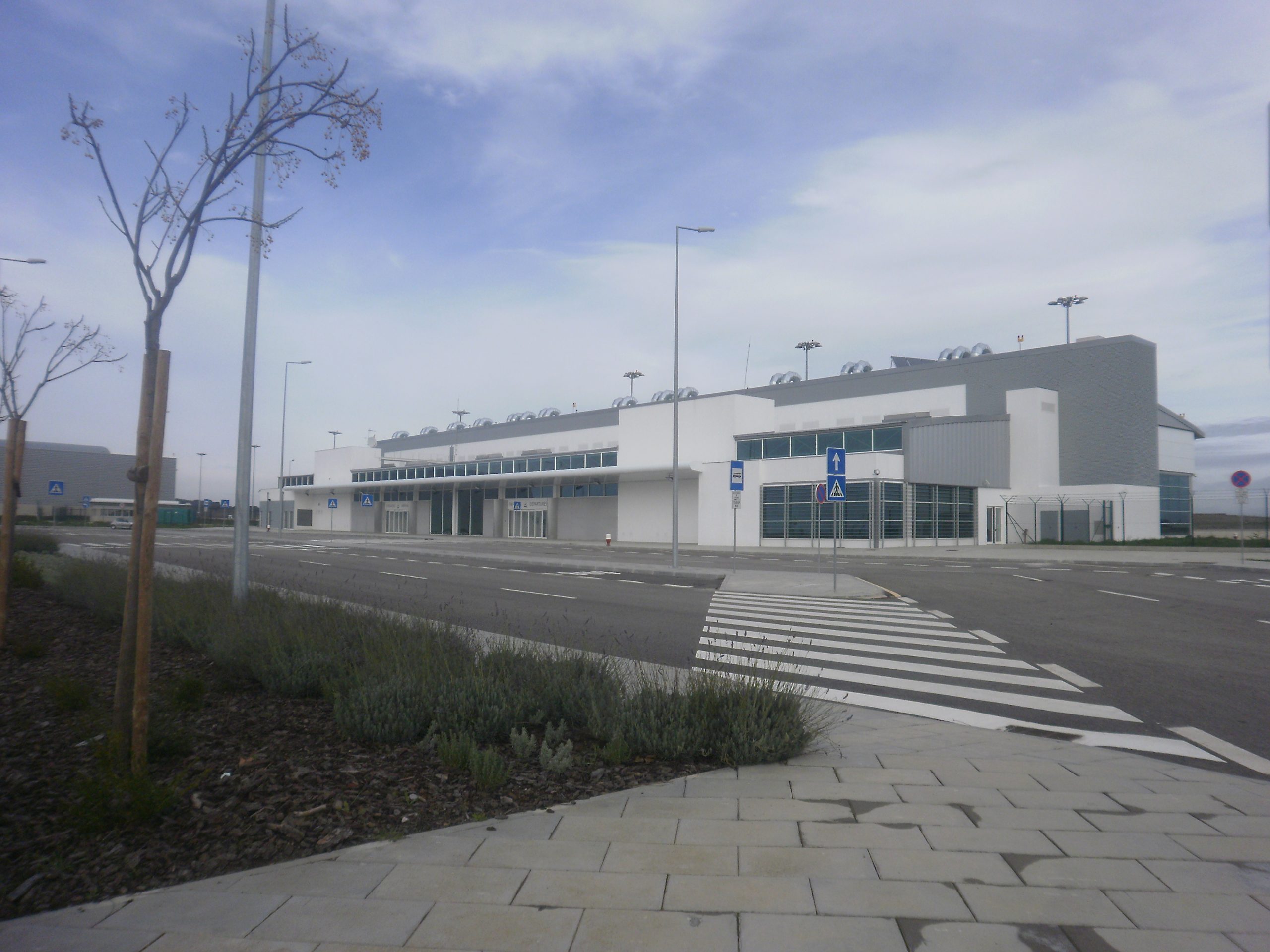
Airport backed with €33m public funding now airplane parking
A Portuguese regional airport that was expanded with large amounts of EU funding has announced plans to turn itself into an aircraft parking facility because demand for the airport has fallen badly short of predictions. The case highlights T&E’s call for greater scrutiny of public money being used to prop up carbon-intensive, underutilised infrastructure with questionable social and economic benefits.
Interested in this kind of news?
Receive them directly in your inbox. Delivered once a week.
Beja in the Alentejo region of southern Portugal received €33 million – from the EU and the Portuguese government – to fund its conversion from a military air base to a regional airport in 2010. The business plan was for the airport to grow to 1 million passengers by 2015, but its owners are now saying ‘demand has not met expectations’. It has refused to disclose the number of passengers that have used the airport, but in 2013 the airport’s director said only 90 flights were scheduled to use the airport that year (less than two per week), and a report by the Portuguese newspaper Expresso says fewer than 1,000 passengers have used the airport per year.
Despite this, the airport’s operating licence means it has to be able to receive any plane at three hours’ notice, so it remains fully staffed, even on days when there are no flights.
Three years ago the airport started using some of its ground for long-term parking of aircraft. It has now announced a ‘rethink’ of its business plan, and is trying to sign a contract with an aviation maintenance company to turn the airport into a permanent parking facility.
T&E president and campaigner at Portuguese green NGO Quercus, João Vieira, said: ‘The EU puts money aside in its structural and cohesion funds to help the less developed regions of the EU. That is good, but not enough attention is paid to whether the EU’s broader goals are being served by the way this money is being spent. Beja airport is a prestige project that has gone badly wrong, and even if it had attracted passengers, this is not going to help the EU meet its climate targets.
‘And it seems the lessons have still not been learned. There are other dubious airport projects in Spain and Portugal seeking EU money, while Beja still lacks an electrified rail connection. This just shows that there is room to improve the way cohesion funds are used to implement a truly sustainable transport network.’
Although the Alentejo is Portugal’s biggest region (slightly bigger than Belgium), Beja lies equidistant between the capital Lisbon and the tourist destinations in the Algarve. The airport is 150km from Lisbon, which has around 15 million passengers per year, and 120km from the Algarve airport at Faro, which has around 5 million.
The €33 million was split between the Portuguese government and the EU. The exact proportions are not publicly known, but a report in the Portuguese newspaper Publico said the air base’s conversion to a passenger airport was ‘basically funded by the EU’.
The European Commission has committed in principle to make no further funding available under cohesion funds for airport infrastructure. This followed a report released in 2014 by the EU Court of Auditors that sharply criticised the practice.
